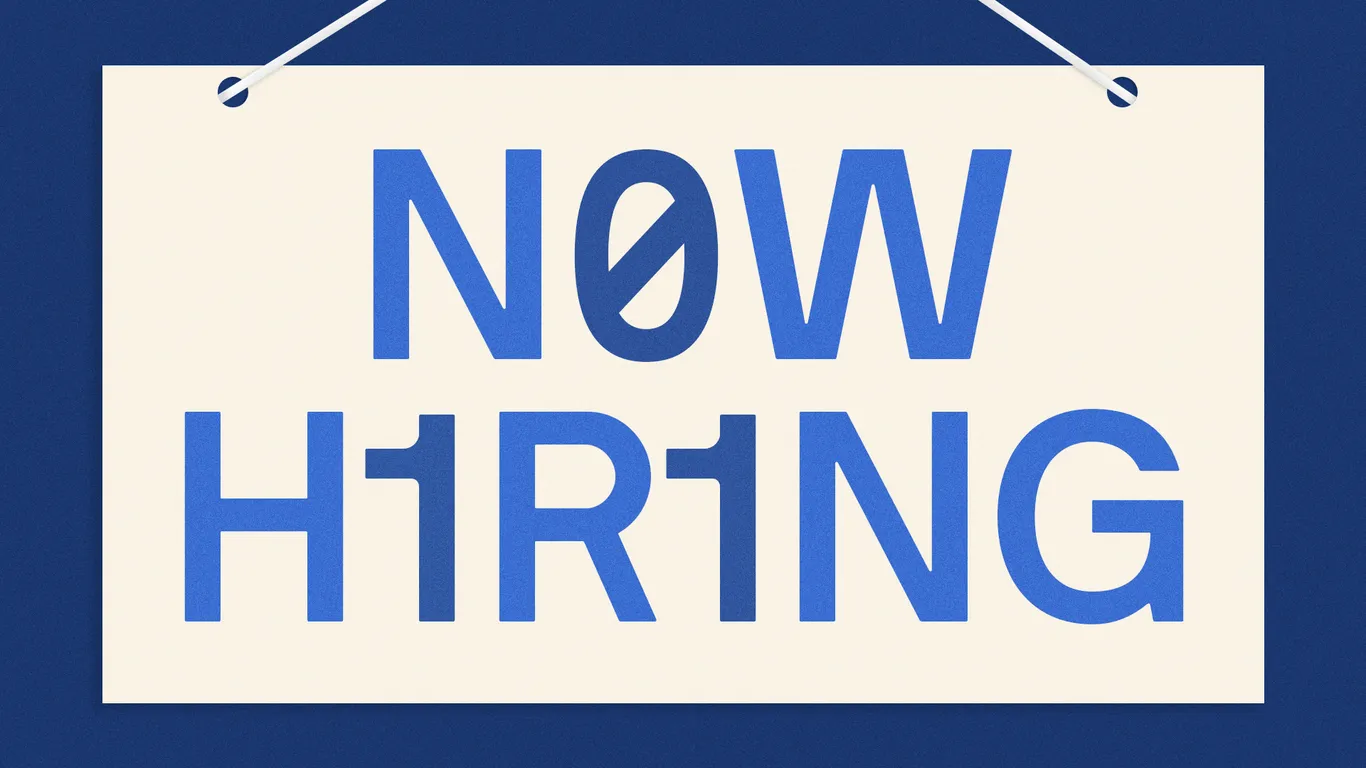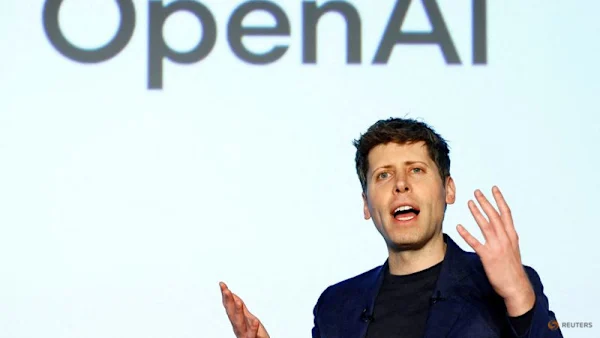Copyright axios

It's harder to get a job in tech — and the jobs that are available increasingly require AI skills. By the numbers: Mentions of AI skills in job postings rose 16% in three months, even as overall tech hiring is down 27% year-over-year, per ManpowerGroup's Work Intelligence Lab. Only 40% of business leaders say they're satisfied with their company's AI progress and partly blame a lack of skills among their workforce, according to research from LinkedIn.Hiring platform Greenhouse has seen an AI hiring boom, specifically in San Francisco, with tech job postings averaging 2,190 in the first quarter, a 23% year-over-year jump.Last year, Greenhouse and compensation platform Pave found that machine learning engineering salaries skyrocketed 53% in just 15 months, while software engineer pay crept up only 4%. The other side: Greenhouse data shows that 32% of job seekers have claimed AI skills they don't actually have. "Application volumes are up 239% on average since ChatGPT launched, flooding hiring teams with low-intent spam generated in seconds," Daniel Chait, CEO and co-founder of Greenhouse told Axios. The big picture: The fastest-growing AI jobs focus on wrangling data: data labeling, data annotation, data analysis, data science. Businesses say they're looking for employees who can interpret AI output, spot bad data, and integrate machine insights into business decisions.Demand for data-mining and management freelancers grew 26% and demand for AI and machine learning (ML) skills increased from September to October, according to Upwork, a work marketplace.More than half (55%) of businesses say they expect to hire data analysts and data scientists in the next three months, also per Upwork. Between the lines: Learning platform Simplilearn says math, statistics and programming languages — specifically Python — are also key. Yes, but: Human skills still matter, says Cormac Whelan, CEO of software company Nitro. In particular: "curiosity, ability to learn fast and to adapt fast," Whelan, previously CEO of an AI startup sold to Apple in 2020, says. Upwork COO Anthony Kappus told Axios that he's seen "a rapid rise in demand for talent who can pair hard skills like design, video editing, and marketing with uniquely human skills like creativity, strategic thinking, and judgment to deliver work built with AI tools.""The AI landscape is evolving so fast," Whelan says, "that how someone learns matters more than whether they have a PhD in generative AI." The bottom line: Still, with so much weakness in the job market, a PhD in generative AI certainly can't hurt. Editor's note: This story was corrected to reflect that Cormac Whelan was CEO (not founder) of an AI startup.



